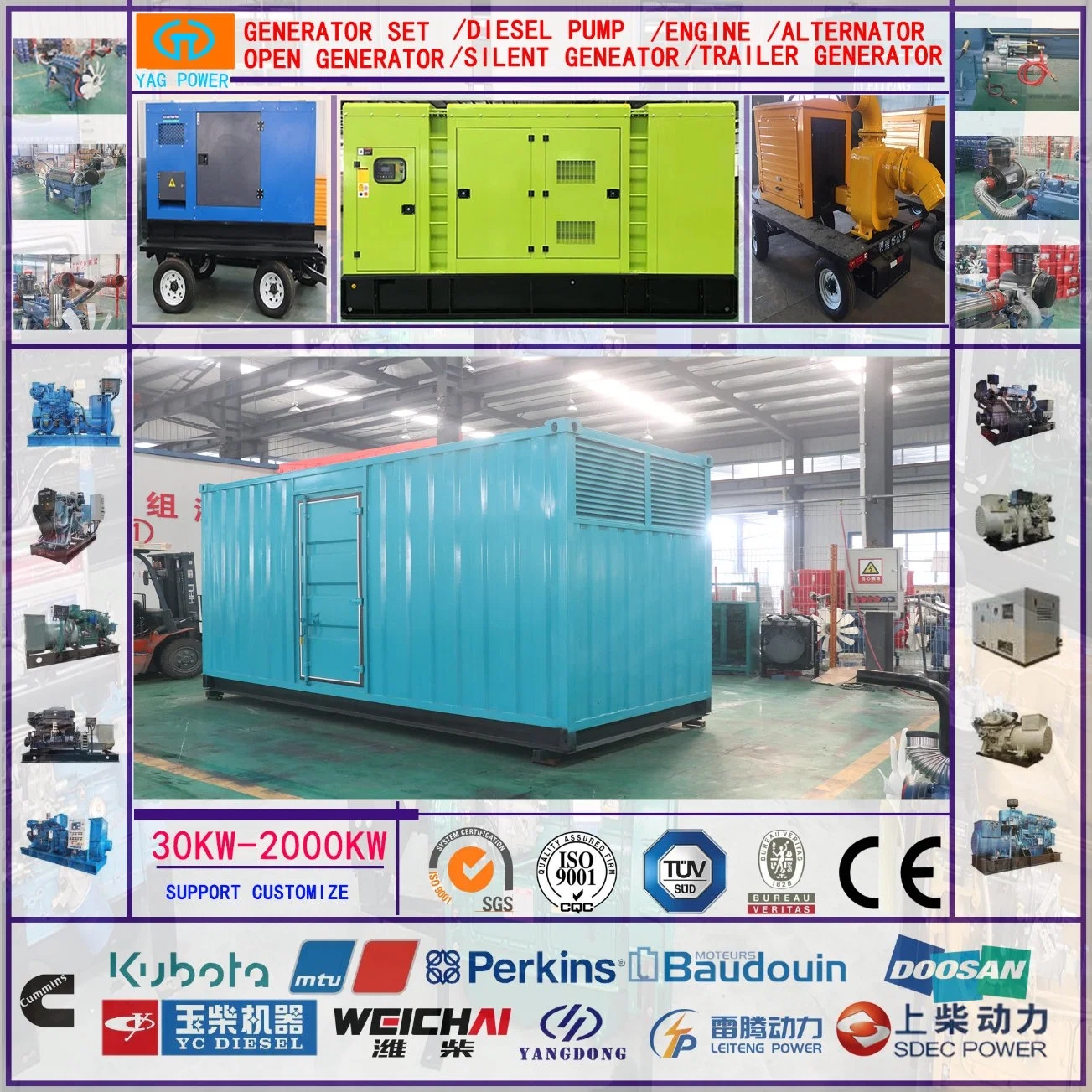Introduction
Diesel generators play a crucial role in providing backup power during emergencies, powering remote locations, and supporting critical infrastructure. To ensure the reliable and efficient operation of diesel generators, performance standards are established to guide their design, installation, operation, and maintenance. In this article, we will explore the importance of performance standards for diesel generators and delve into the key parameters that govern their performance.
Importance of Performance Standards for Diesel Generators
Performance standards for diesel generators serve as a benchmark for assessing the quality and reliability of these power systems. By adhering to established standards, manufacturers can design generators that meet specific performance criteria, ensuring consistency in operation across different models and brands. For end-users, performance standards provide assurance that the diesel generator they are investing in will deliver the required power output, efficiency, and reliability.

Performance standards also play a crucial role in ensuring safety and environmental compliance. Diesel generators are often deployed in sensitive environments, such as hospitals, data centers, and telecommunications facilities, where any downtime can have serious consequences. By following performance standards related to emissions, noise levels, and fuel efficiency, generator operators can minimize their impact on the surrounding environment and ensure compliance with regulatory requirements.
Key Performance Parameters for Diesel Generators
1. 150kw diesel generator for industrial applications : The power output of a diesel generator is a critical performance parameter that determines its capacity to supply electrical energy to connected loads. Performance standards specify the minimum and maximum power ratings for diesel generators, ensuring that they can meet the power demands of various applications. Power output is typically measured in kilowatts (kW) or megawatts (MW) and is influenced by factors such as engine size, fuel quality, and ambient conditions.
2. Efficiency: The efficiency of a diesel generator refers to its ability to convert fuel energy into electrical power with minimal losses. Performance standards may set efficiency targets for different load conditions to ensure that generators operate at optimal levels and minimize fuel consumption. High-efficiency generators not only reduce operating costs but also lower emissions and environmental impact.
3. Voltage Regulation: Voltage regulation is another key performance parameter that dictates the stability of the electrical output supplied by a diesel generator. Performance standards define acceptable voltage variations under different load conditions to ensure that connected equipment receives a consistent and reliable power supply. Voltage regulation is critical for sensitive electronic devices that require stable voltage levels to function properly.
4. Emissions: Emissions control is a significant concern for diesel generators, as they can produce pollutants such as nitrogen oxides (NOx), particulate matter (PM), and carbon monoxide (CO). Performance standards establish limits on emissions levels and mandate the use of technologies such as exhaust aftertreatment systems to reduce harmful pollutants. Compliance with emissions standards not only protects the environment but also promotes public health and safety.
5. Noise Levels: Noise pollution is a common issue associated with diesel generators, especially in urban areas or noise-sensitive locations. Performance standards may specify maximum allowable noise levels at various distances from the generator to mitigate the impact on surrounding communities. Manufacturers can design generators with sound-attenuating enclosures and mufflers to meet noise level requirements and enhance operator comfort.
6. Reliability and Durability: Performance standards for diesel generators also encompass aspects related to reliability and durability, such as the expected lifespan, maintenance intervals, and fault tolerance of the equipment. Generators designed to meet stringent reliability standards are less likely to experience unexpected failures or breakdowns, ensuring uninterrupted power supply when needed most. Factors such as component quality, design robustness, and testing protocols contribute to the overall reliability of diesel generators.
7. Fuel Quality and Consumption: The quality of fuel used in diesel generators directly impacts their performance, efficiency, and emissions profile. Performance standards may include specifications for fuel cleanliness, stability, and sulfur content to ensure optimal combustion and engine operation. Additionally, standards related to fuel consumption help operators assess the efficiency of their generators and implement measures to reduce fuel costs and carbon footprint.
Conclusion
Diesel generators are essential assets for a wide range of applications, providing reliable backup power and supporting critical operations. Performance standards play a vital role in ensuring that diesel generators meet specific criteria for power output, efficiency, emissions control, and operational reliability. By adhering to established standards, manufacturers can design high-quality generators that meet the needs of end-users while minimizing environmental impact and ensuring safety and compliance.
As technology advances and environmental concerns grow, performance standards for diesel generators are likely to evolve to address emerging challenges and opportunities. By staying abreast of the latest standards and best practices, stakeholders in the diesel generator industry can continue to deliver innovative solutions that meet the demands of modern power generation and contribute to a sustainable energy future.
